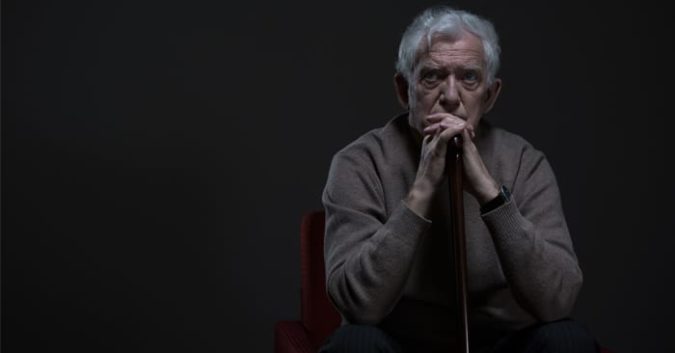Last year, 20 nursing homes in Massachusetts shut their doors after failing to meet necessary financial goals. The Massachusetts Senior Care Association (MSCA) estimates that 35 more homes will close this year in similar fashion.
Nursing homes nationwide are having trouble staying at full-occupancy. The difference between running at 90% and 80% occupancy often means success or failure for these facilities. As the number of empty beds rises, costs are cut, employees are let go, the quality of care declines, and tragic accidents can happen.
At a public hearing on Monday, state lawmakers considered a bill intended to “stabilize” nursing homes throughout the Commonwealth. Addressing Joint Committee on Elder Affairs, Tara Gregorio, president of the MSCA, outlined a bleak picture about the road ahead:
“As nursing facilities continue to close — and they will — there is no safety net beneath the safety net that we provide to tens of thousands of our poorest and frailest Massachusetts citizens.”
Supporters of the bill say that outdated regulations are driving the closures. Currently, Medicare reimburses nursing homes at rates set in 2007. Costs have climbed, and chained to the fixed rate, nursing homes have had to absorb the difference. The new law would base rates on 2014 costs and require periodic updates to these rates in order to prevent similar problems in the future.
Why Are Nursing Homes Struggling?
Private, public, and VA nursing homes have been in the press a lot over the last several years — harrowing stories of elder abuse, negligence, and criminal cover-ups have tarnished the industry’s overall reputation. Along with these problems, there are a number of factors contributing to the critical state of the nursing home industry:
- Decline in Federal Funding: Both Affordable Care Act and Trump-Era regulations have resulted in budget cuts for many nursing homes. Since 2011, Massachusetts nursing homes have seen a funding drop of about $300 Million.
- Rise in Consumer Options: The rise in assisted living communities, in-home care services, and other alternatives mean fewer people end up in nursing homes.
- Growth of Medicare Advantage: These increasingly popular plans, managed by for-profit companies, seek to limit high price-tag services, like treatment in a skilled nursing facility.
- Demographic Changes: People, in general, are living longer, healthier lives, which may be pushing back the date at which they need the services provided by nursing homes.
To what extent are these trends likely to continue? It is well known that the baby boomer generation is getting older and there will likely be a rise in the number of people who need nursing home services in the coming years.
But are nursing homes a thing of the past, or is demand about to surge?
While there is disagreement about whether or not to extend federal funding or to let the market take control, there is no doubt that the financial stress nursing homes are feeling is having a serious impact on residents.
MA Attorney General Settles with Nursing Homes over “Systematic Failures”
Last month, Massachusetts Attorney General Maura Healey announced settlements with 7 nursing homes “to resolve allegations of systemic failures at their facilities that endangered nursing home residents.” In some cases, residents died as a result of their injuries or because they did not receive timely medical care.
The disturbing stories outlined by Healy underscore the life-and-death stakes involved in nursing home care. Staff need to be properly screened, trained, and compensated for their work. When funds are low, it is impossible for facilities to keep knowledgeable staff, and it turns a demanding work environment into a dangerous one.
In the case of Synergy Health Centers, which oversaw 2 of the nursing homes named in the settlement, the owners were siphoning away millions of dollars even as the level of care slipped. Staffers remember running out of basic nursing supplies and fresh food. Complaints were ignored or swept under the rug, and nursing home residents suffered.
Nursing Home Patients May Never See a Doctor
Many of the people who make use of nursing homes are those recovering from surgery or another operation. After they are able to leave the hospital, many patients still need the services and attention of a skilled nursing facility.
A new study found that these patients often wait days to see a doctor, and 1 in 10 never sees a doctor at all. Patients who did not receive a visit had almost double the rates of hospital re-admissions compared to patients visited by a physician. According to lead author Dr. Kira Ryskina, who spoke with Reuters:
“Overall, these findings are concerning because they suggest that elderly patients discharged from hospitals to skilled-nursing facilities are not receiving the care they need at a time when they might be particularly at risk for poor outcomes.”
Every nursing home resident deserves a safe environment. When policies are not followed, these especially vulnerable patients fall through cracks. Funding and staff may be tight, but if that is the case, nursing homes need to be transparent with patients and their families. If they cannot provide the care and dignity that every resident deserves, they shouldn’t promise it.
